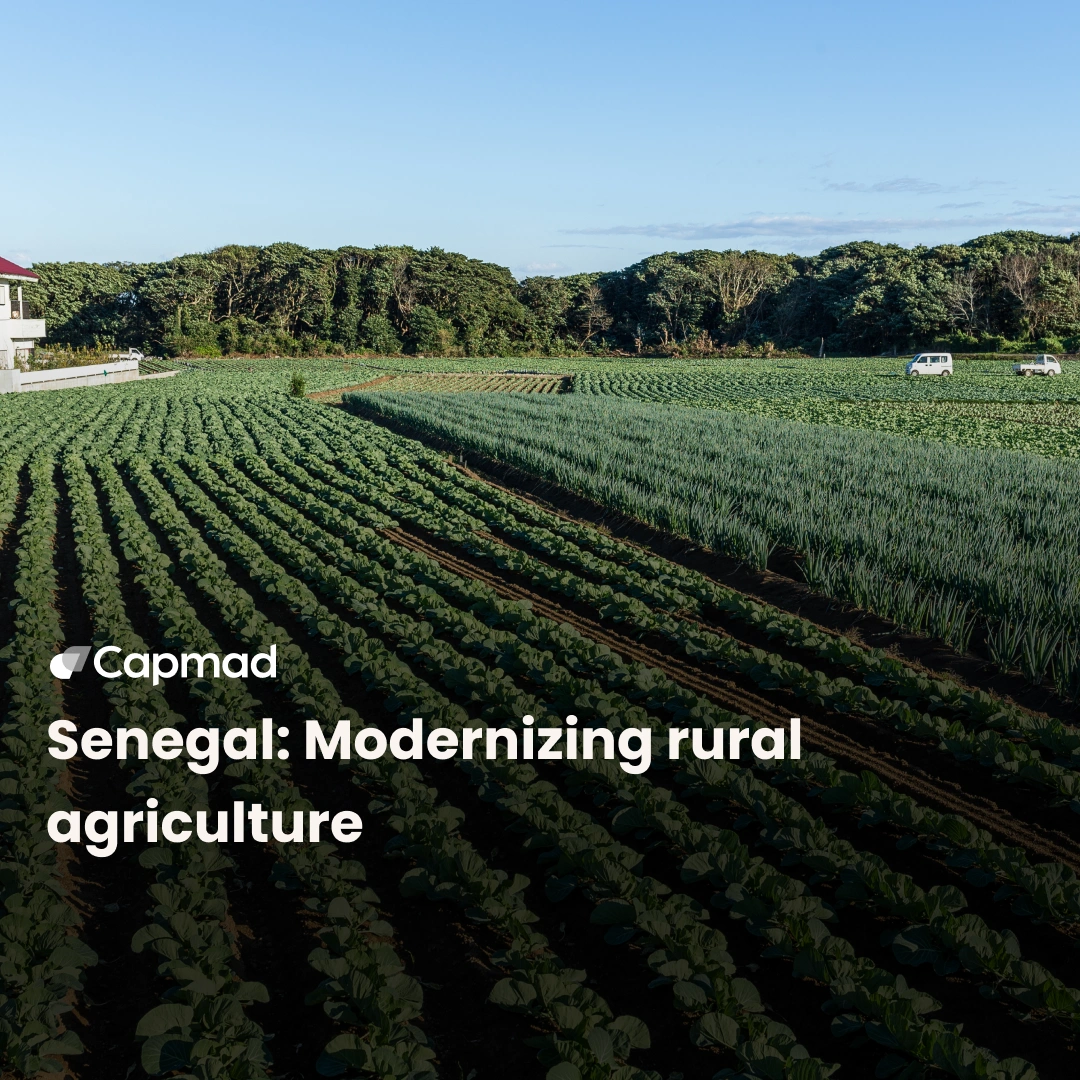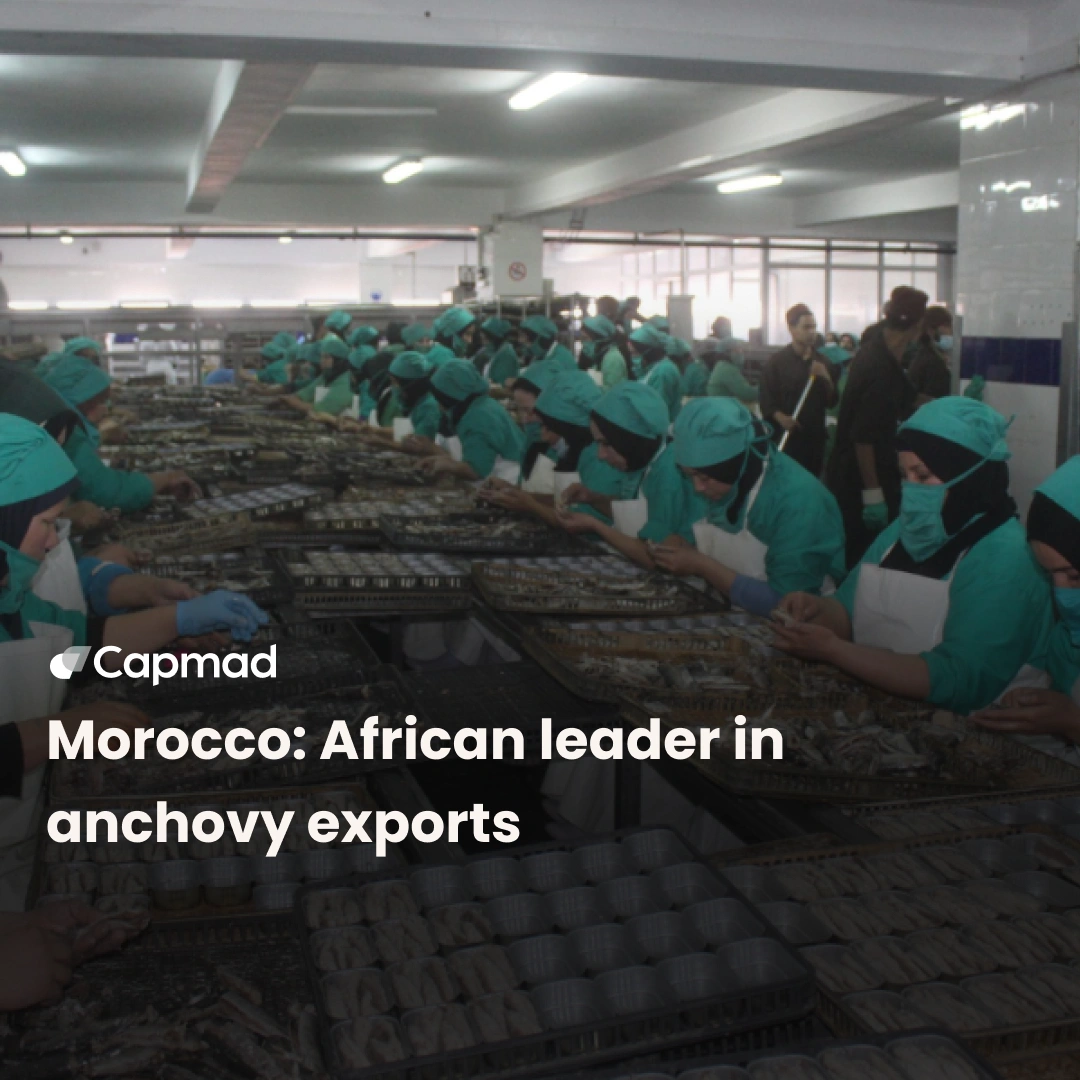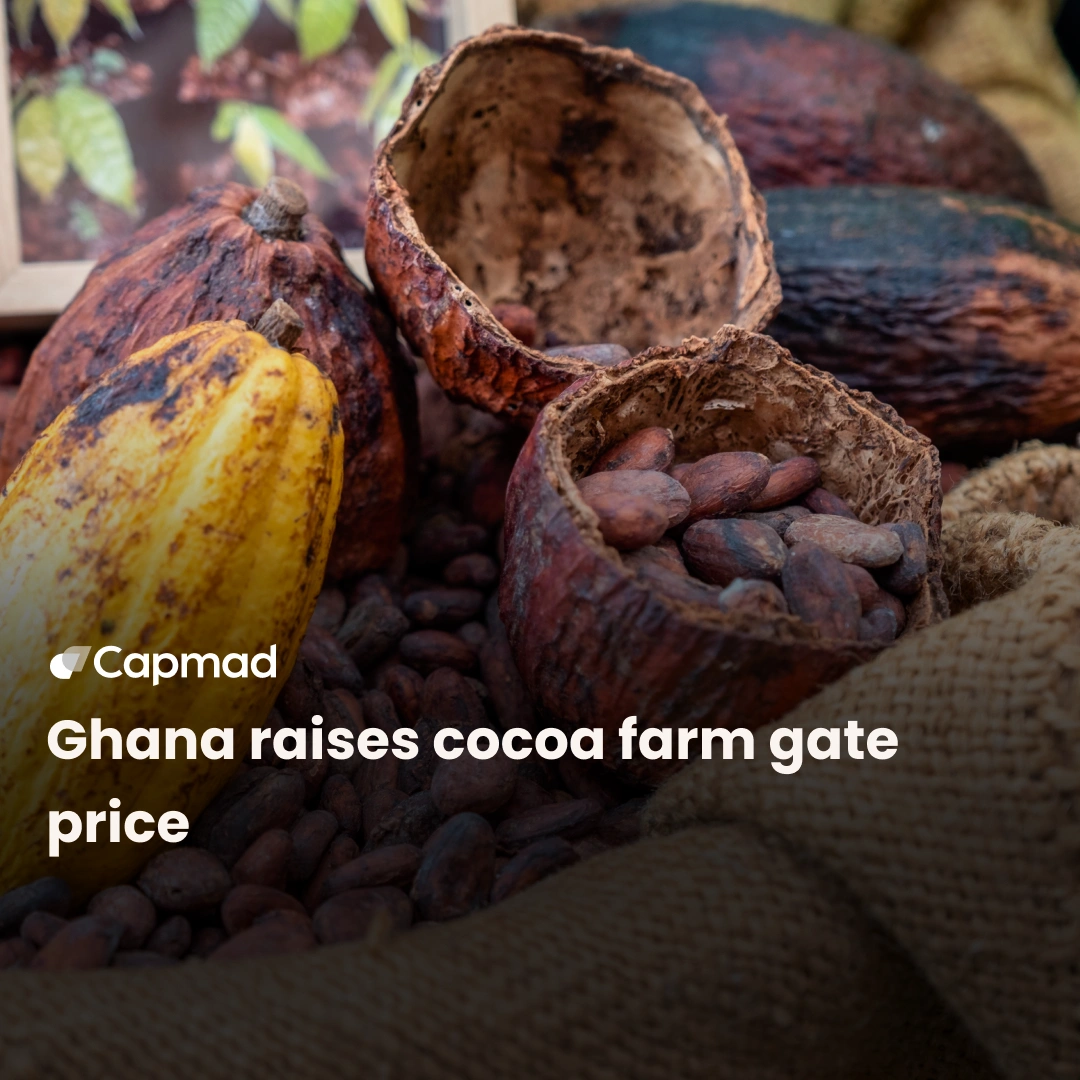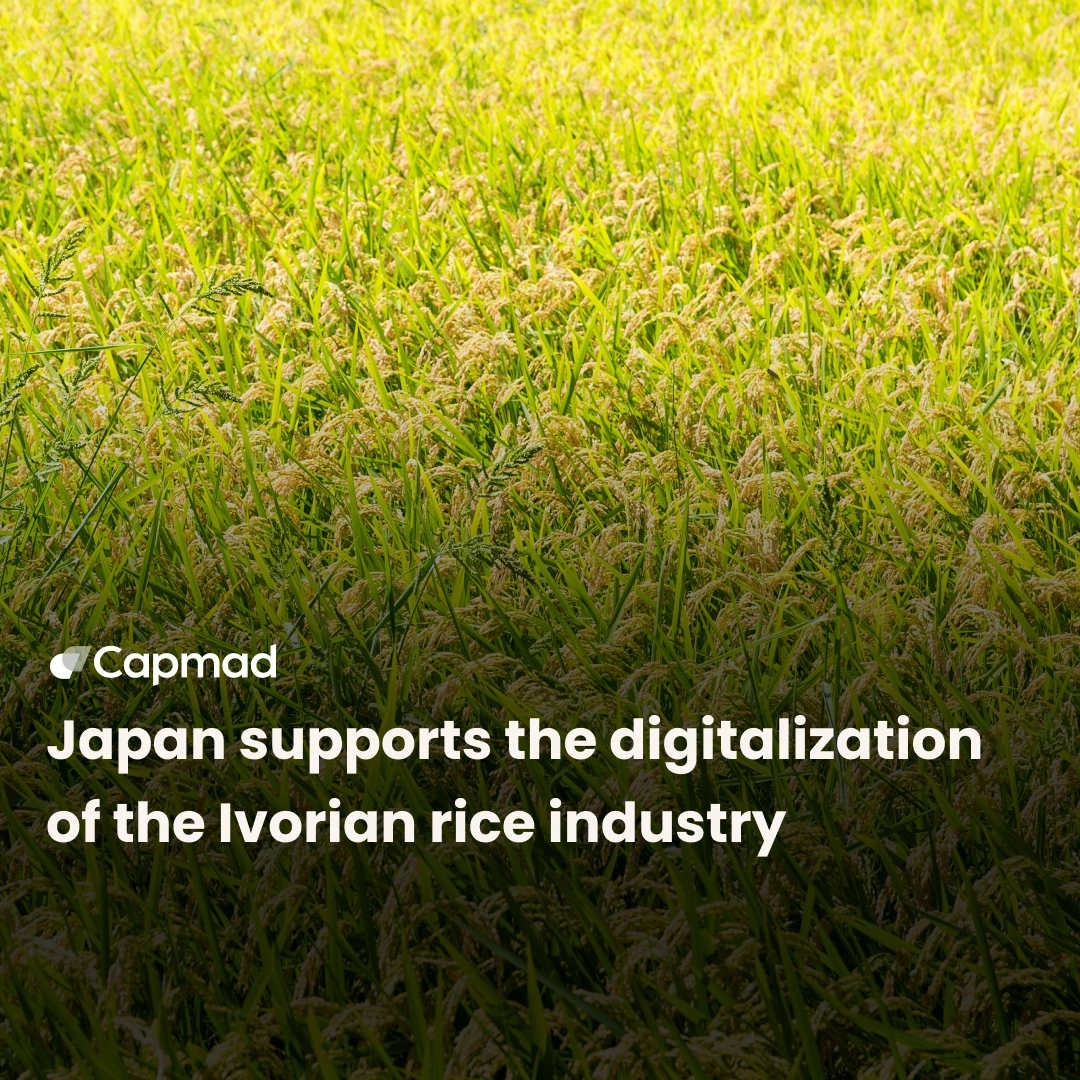Chocolate companies often avoid paying fair prices to cocoa producers. In Ghana and Côte d’Ivoire, many farmers resort to child labor to maintain cocoa production levels, despite facing low yields. In February 2024, cocoa prices reached a peak of 12,072 USD per ton.
Ghana sets a floor price for cocoa purchases
Cocoa prices peaked at 12,072 USD per ton in February of this year, only to drop to 7,960 USD per ton in September, forcing farmers to seek solutions to protect themselves against these unfavorable price fluctuations. « Market reports indicate that the price of cocoa in the global market has experienced the highest levels of volatility in the past 12 months », reported Ghana’s Minister of Food and Agriculture, Dr. Bryan Acheampong.
Ghana is one of the largest cocoa producers and exporters in the world, and cocoa is one of the most expensive agricultural products globally. To protect its farmers, Ghana has increased the producer price of cocoa by over 129 %. Cocoa producers are guaranteed this amount for the entire season, shielding them from the volatility of cocoa prices in the international market. This will allow them to be less affected by potential drops in international cocoa prices.
The increase in the producer price will stimulate the local economies of cocoa-producing regions. Farmers and their families spend their additional income on goods and services within their local communities, creating a multiplier effect on the local economy. The Minister of Food and Agriculture stated : « To ensure our dear cocoa producers fully benefit from the price increase, the government will continue to support initiatives such as the fertilizer application program and the cocoa rehabilitation program to keep cocoa cultivation profitable ».
Equitably distributing revenues generated by the cocoa sector
In 2022, chocolate companies globally reportedly earned over 206 billion USD, with projections of up to 263 billion USD by 2030. While these companies enjoy substantial revenues, cocoa producers often earn less than the World Bank’s poverty line of 2.15 USD per day. Activists argue that the prices paid for cocoa are so low that many farmers cannot afford to hire adult workers, forcing them to rely on their children or, in some cases, trafficked children for labor on cocoa farms.
Despite the government-imposed price increase meant to ensure farmers receive a higher price for their cocoa, some companies fail to honor these commitments. The Global Corporate Accountability Lab (CAL) states, « This refusal to pay fair prices directly contributes to human rights abuses and environmental damage within the cocoa sector in West Africa », as revealed in their 2024 survey on the conditions faced by cocoa producers.
Chocolate manufacturers circumvent fixed cocoa prices
The situation for cocoa producers is particularly critical in Côte d’Ivoire and Ghana, which together produce over two-thirds of the world’s cocoa. To gain insight into this issue, CAL conducted a survey across nine cocoa-producing villages in both countries, uncovering alarming findings.
« In every village visited, farmers and workers reported that companies pay excessively low prices for cocoa. Among over 300 farmers surveyed, we found that a fair price for cocoa should be at least triple the current rate », CAL reported. Many families in these villages live in extreme poverty while corruption continues to permeate the supply chain.
According to CAL, a producer price set by the governments of Côte d’Ivoire and Ghana establishes the lowest legal price companies can pay for cocoa. However, « This floor price remains far too low, and despite decades of discussions, little has changed. Farmers continue to earn meager incomes, often below the World Bank’s poverty line », CAL added.
While wealthy companies often sidestep these fixed prices due to corruption, farmers also face additional challenges, such as natural disasters and plant diseases, which further diminish the profitability of cocoa cultivation.
Challenges and threats to livelihoods
Cocoa producers confront numerous challenges and threats to their livelihoods. In addition to being underpaid, they risk poor harvests and the effects of diseases on their plantations. Advocates argue that cocoa and chocolate companies must provide farmers with decent incomes that reflect the hard work and dedication they invest.
« Farmers are responsible for producing the main ingredient of chocolate and deserve a fair share of the billions of dollars in revenue generated by companies », stated CAL. « Companies must go beyond government-imposed floor prices to ensure that farmers receive a real living wage and that this amount truly reaches them ».
Experts recommend that cocoa producers be compensated at 3,166 USD per metric ton in Côte d’Ivoire and 3,116 USD per metric ton in Ghana. « These amounts align with recent living income calculations in each country and represent nearly triple the rates that farmers reported receiving in 2022 », the report emphasizes.






